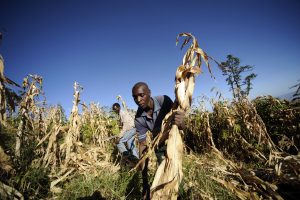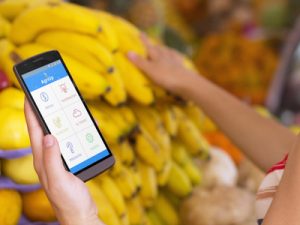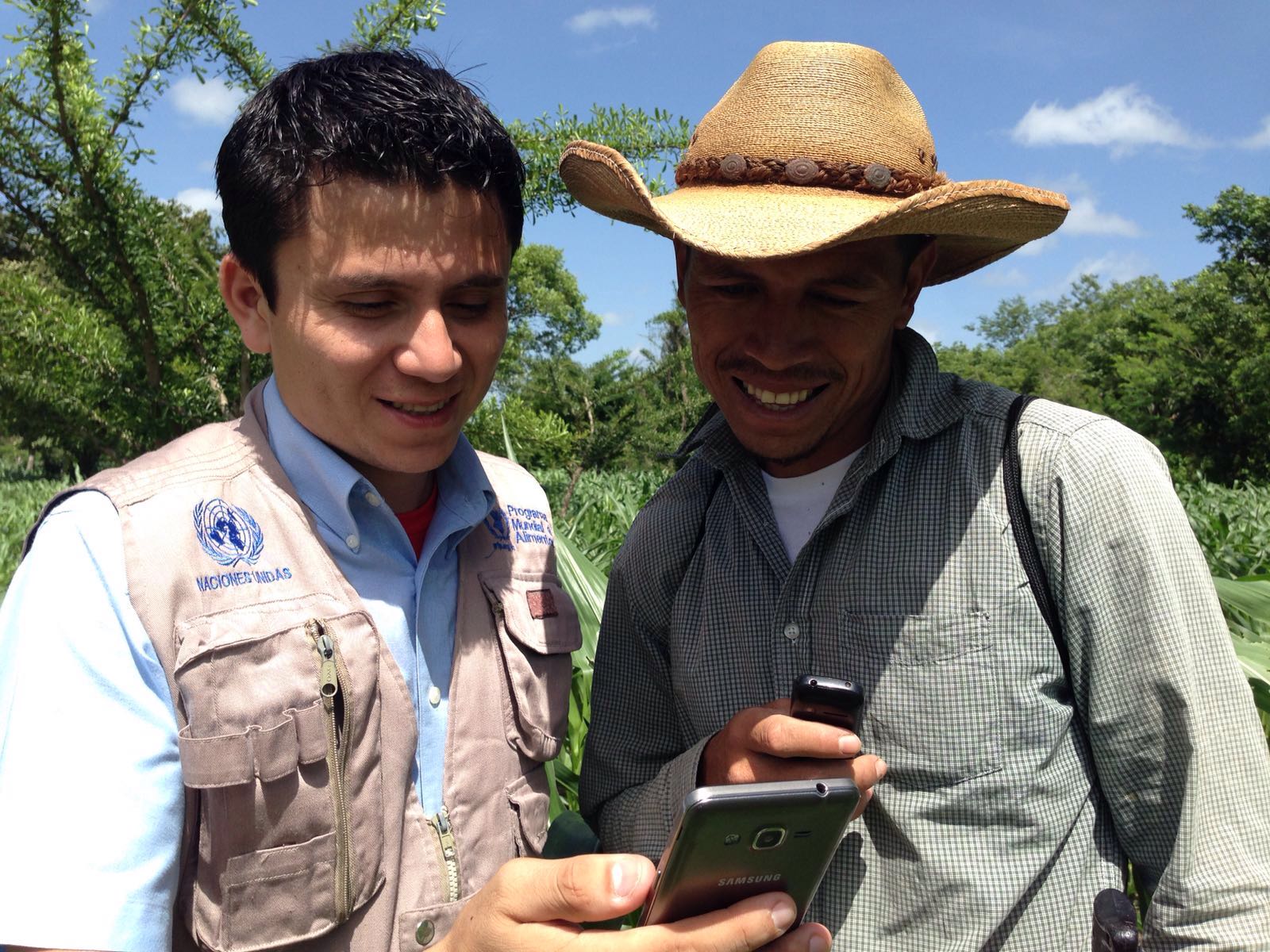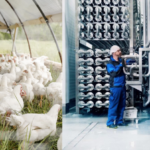– To achieve the ambitious global goal to eliminate hunger by 2030, innovation must be the new norm, says Bernhard Kowatsch, head of the Word Food Programme’s Innovation Accelerator.
Disasters, protracted conflicts and ever-growing funding challenges have placed great pressure on the aid community. At the same time, unprecedented advances in technology and digital innovation such as mobile phones, social networks and big data can make a significant difference to the way we serve vulnerable populations across the world.
To identify, nurture and scale up bold solutions to challenges in humanitarian and development aid, WFP today launches their Innovation Accelerator. Based in Munich, the Accelerator brings together internal WFP staff with experts from across the private sector and civil society to develop high-impact, human centered innovations for a world with Zero Hunger.
– We need to explore every avenue to eliminate hunger. This is why WFP is leaning in to embrace innovation throughout its work, developing tools and ideas together with the global community. The way forward in the fight against hunger is not necessarily in building grand plans, but identifying and testing solutions in a smart and agile way. The Innovation Accelerator is a place where we can be bold, and allow ourselves to fail as well as succeed, Kowatsch says.


Eliminating food loss
The Accelerator currently supports a programme called Zero Post Harvest Losses Programme that sells low-cost, locally produced food storage containers and provides training to smallholder farmers in developing countries. This project can virtually eliminate the food losses that can destroy up to 40% of a farmer’s harvest, which threatens their livelihoods and robs them of their ability to save for the future. So far, the project has sold grain silos to more than 65,000 smallholder farming families in Uganda alone.
The UN is also working on a low-bandwidth smartphone application called AgriUp that could improve the lives of small-holder farmers in Guatemala. Low-bandwidth smartphones are common in many developing countries, and the app will provide farmers with location-specific information on market prices, weather and farming tips tailored to people living in isolated communities. In Guatemala for example, smallholder farmers represent approximately a third of the country’s population, and many are vulnerable to chronic hunger and constrained by limited farming knowledge and low levels of literacy.


Share the meal
ShareTheMeal is WFP’s first fundraising app and allows smartphone users to provide Syrian refugee children with vital nutrition. Since the launch in November 2015, more than 550,000 people have used the app and donated over 6.3 million meals.
– The app has helped us reach a new audience as a third of the users are between 18 and 35 years old. However, despite great initial results, we have a long way to go. WFP must raise US$25 million each week just to meet the basic food needs of people affected by the conflict, he says.
In 2015, Norway gave over 600 million kroners in aid to the WFP to help them to react quickly when humanitarian crises occur. Earlier this year it was announced that Norway will continue it´s partnership with the UN and contribute with 237 million kroners to the WFP annually between 2016 and 2019.
– The goal with the strategic partnership with the WFP, is to contribute to the importance of making sure that as many people as possible get safe access to food. Food aid is also important when it comes to enabling children in war and crises to go to school. A part of the amount will thus go to pay for school meals, said Norwegian foreign minister, Børge Brende, in a press release earlier this year.









